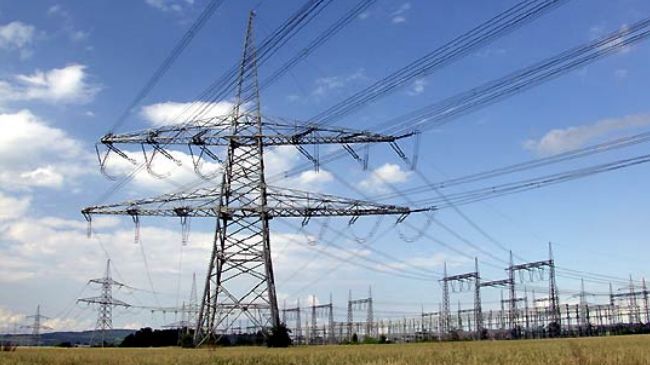As a gateway to energy-rich Central Asia, Afghanistan enjoys immense importance in the region. The country serves as the only bridge between the energy hungry South Asian countries and Central Asian republics. However, very little advantage has been taken from this strategically important position due to continued foreign invasions and internal conflicts. However, the good news is that after fall of the de facto Taliban’s regime, Afghanistan accelerated its efforts to take advantage of its position and available economic opportunities in the region to strengthen its economy. With great focus on infrastructure rebuilding to provide a solid ground for rapid economic growth, ex-President Hamid Karzai was the first who moved toward economic regionalism to attract foreign investment and connect the country with other regional states. Good trade ties with Eurasia had been one of his top priorities. For Afghanistan economic regionalism is the way to increase commerce and trade activities with the regional countries without allowing others to hurt its national interests. It was also envisaged as the best way to fight extremism while ending poverty and expanding inter-cultural dialogues.
Though, there has been new government in the country but the fruitful policies will continue, because Afghans want to explore all possible venues that could make their future better and promising. President Ashraf Ghani’s recent visit to Turkmenistan was part of these policies. The Turkmen president expressed willingness in a meeting with his Afghan counterpart to expand the under-construction railroad project to Balkh and Kunduz provinces. The two countries agreed to find out ways that could strengthen cooperation between the two in transport and energy sectors. Ashgabat is also mulling to increase export of electricity and double the trade volume in the next few years. Currently, Afghanistan imports 135 megawatts from Turkmenistan.
Therefore, formation of a bloc on regional level for the purpose of promotion of intra-regional trade is the best option to integrate further into the region. Economic regionalism makes it easy for the countries with common economic interests to reach over agreements easily and overcome poverty while initiating large scale developmental projects that states individually could not launch or implement. Such projects not only end poverty by creating thousands of new jobs but also increase revenues. It also provides good base for private, local and international economic development programs. The more, Kabul engages itself in economic regionalism would bring economic prosperity to the remote and backward parts of the country. It will also defeat militancy and extremism.
 Afghanistan Times
Afghanistan Times




